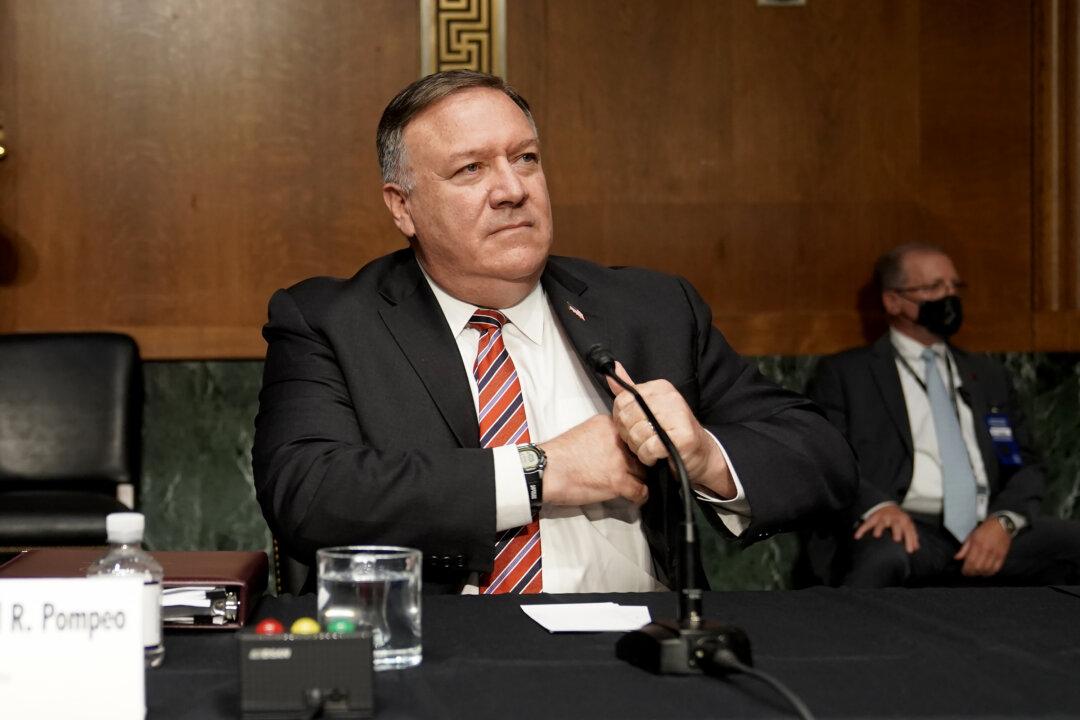Secretary of State Mike Pompeo said the Trump administration is ramping up efforts to counter Beijing’s expanding influence at international organizations, as part of the United States’ “multi-front” campaign against the Chinese Communist Party (CCP), which he described as the “central threat of our times.”
Pompeo said there’s been “at least a 15-year-long-slide” in U.S. influence in the United Nations (U.N.) system, which has coincided with the CCP’s growing sway.





